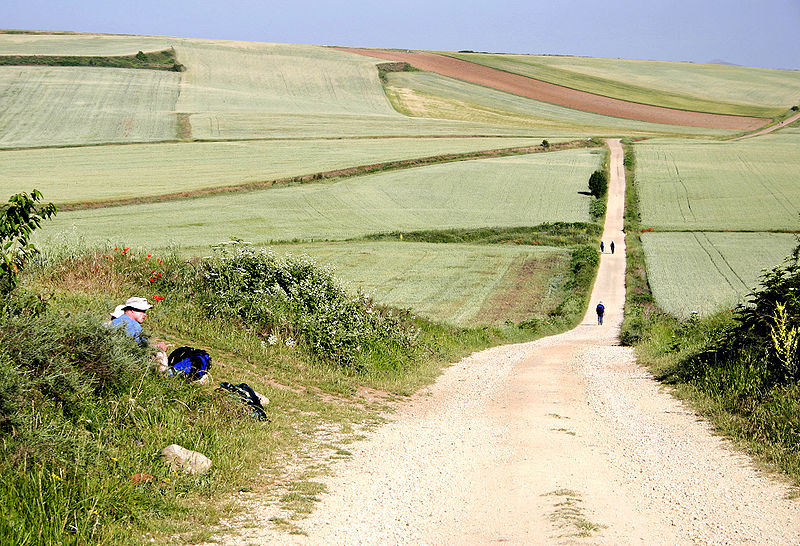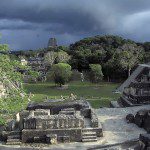
Sunday’s New York Times had an interesting piece by Kate Murphy on Walking the Country as a Spiritual Quest. The article describes the growing numbers of pilgrims who are walking across the entire length of the United States. While they do so for a wide variety of reasons, their journeys at heart are quests for existential meaning in a world too often focused on the superficial and trivial:
“Almost everyone who does this has some sort of generalized unhappiness with themselves and the world,” said Tyler Coulson, 34, who in 2011 quit his job practicing corporate law at a large firm in Chicago to walk across the country with his dog. “No one who is happy and content wakes up one day and says, maybe I’ll go live in a tent for eight months,” which was how long it took him to walk 3,200 miles, from Rehoboth Beach, Del., to San Diego….
Anthropologists have long argued that pilgrims occupy a so-called liminal realm outside of, yet proximal to, society. “In this space you can achieve a direct human interaction that doesn’t take into account hierarchies, so people become intimate very quickly,” said Ellen Badone, author of Intersecting Journeys: The Anthropology of Pilgrimage and Tourism
and professor of anthropology and religious studies at McMaster University in Hamilton, Ontario. “Stepping into this extraordinary sphere leads to extraordinary interactions where you very quickly become close and find that people are willing to go out of their way to be helpful.”
Arthur Werner, 58, who left a financial services sales job in Bellevue, Wash., last June to walk across the country after a series of emotional blows, figures he’s talked to hundreds of people along his route. “We are so insulated and sterilized by all our electronic forms of communication and our inane posts on Facebook that we just don’t sit down and have heart-to-hearts with people,” he said. “It’s been very touching and self-actualizing for me.” He plans to complete his walk in April at the southernmost tip of the continental United States, Key West, Fla. But he said the final destination was beside the point: “It really is all about the journey.”
(Lori’s note: While I admire those who take off on such a grueling cross-country odyssey, I can’t honestly say I want to follow in their footsteps. But I think we can learn something from them about the nature of pilgrimage. As one observer perceptively notes in the article:)
“The arduousness is what makes it an act of devotion,” said Rebecca Solnit, author of Wanderlust: A History of Walking. “Part of the desire to do it is to accept that the world is unpredictable and you will trust what the world sends your way and you will cope with it.”











